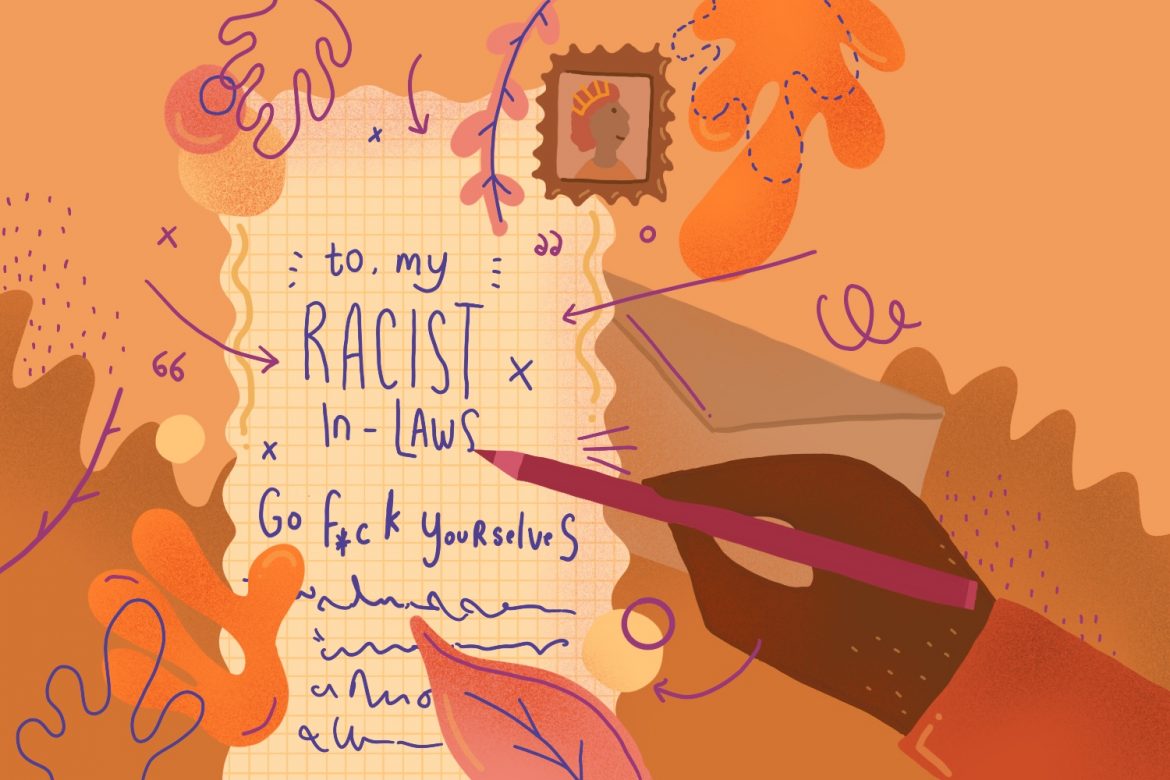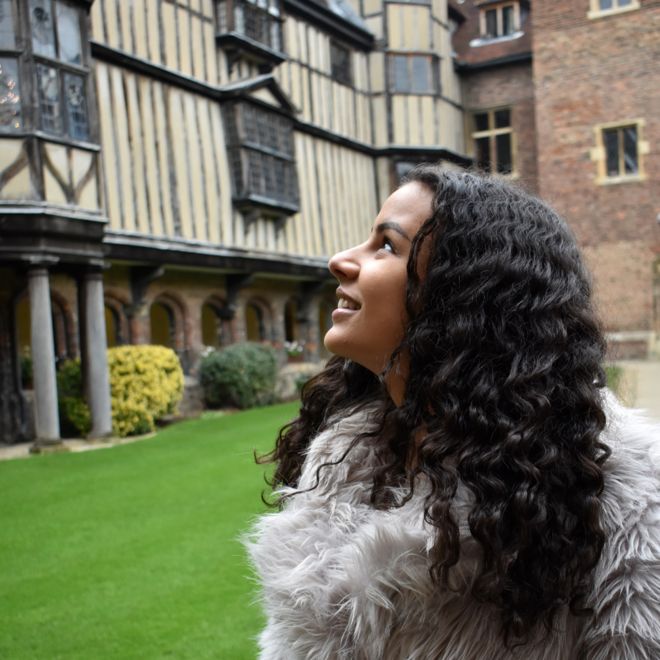The passing of David Matthews
Savannah Now (Savannah Morning News)
Savannah, Georgia
2007-01-13
John Stoehr

David Matthews
In Harlem Renaissance author Claude McKay’s 1931 short story “Near-White,” Angelina Dove, a pale African American hoping to move up in the world, asks her mother “if some people are light enough to live like whites, why should there be such a fuss? Why should they live colored when they can be happier living white?”
Apparently many did. According to “The White African American Body,” by Charles D. Martin, a professor of literature at Florida State University, Ebony magazine published an article in 1948 titled “5 million U.S. white Negroes.”
The story, Martin wrote, proudly reported an upsurge in the number of African Americans who crossed the color line undetected by Jim Crow America. The article’s centerpiece was a series of photographs. The reader was invited to guess which person was black and which was white. Of the 14 portraits, three were white.
One of these “millions” of “white Negroes” was Anatole Broyard, the New York Times literary critic who, for decades, protected the Ivory Tower of European high culture from the unwashed proletariat while also “passing” for white, to the extent that even his wife and children didn’t know of his African ancestry until after his death in 1990.
Broyard’s hidden identity was revealed by Harvard professor Henry Louis Gates Jr. in a piece titled “The Passing of Anatole Broyard” for the New Yorker in 1996. The practice of racial passing, and the serious questions the social phenomena raises about the metaphysics of race and the paradox of racial identity, received wider attention four years later thanks to Philip Roth’s novel “The Human Stain” and its eventual movie adaptation.
In the decades since Martin Luther King Jr.’s “I Have a Dream” speech, which have witnessed the rise of black nationalism, hip-hop, political correctness and influential black figures like Tiger Woods and Barack Obama, one might think passing for another race an archaic endeavor – discouraged by proud enfranchised blacks, dismissed by guilt-ridden whites.
As David Matthews demonstrates in his new memoir, “Ace of Spades,” however, passing continues. Like Angelina Dove, Matthews passed for white for the first 20 years of his life – throughout the 1970s, ’80s and into the ’90s – as a means of living more happily in an America still in thrall to the oppressive requirement of identification according to race…
Read the entire review here.








